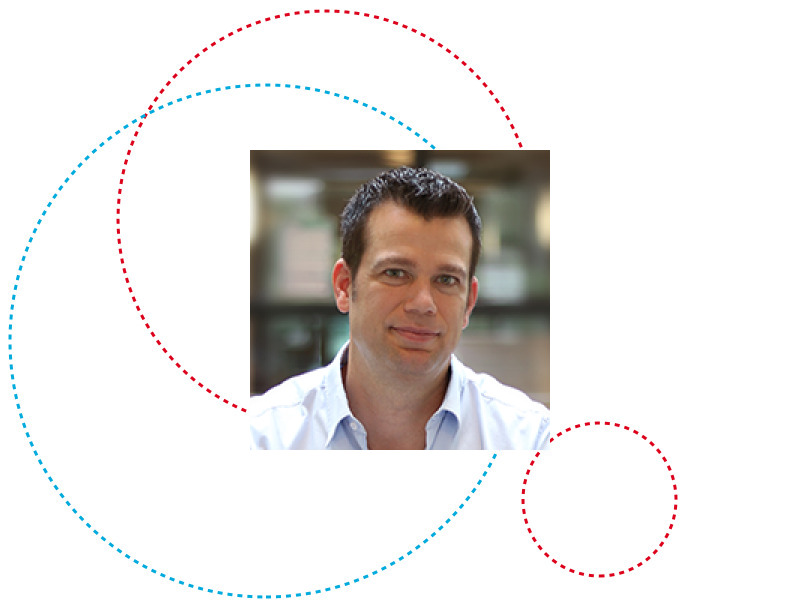Mechanisms of acute and chronic inflammation: cROSsing borders between immunology and metabolism
The immune system is crucial for a healthy body function and protects us from severe infection. However, diseases driven by a dysregulated immune system are quite diverse in character. Patients with a hyperreactive immune response may develop autoimmunity or chronic inflammation, whereas those with a hyporeactive immune system are immunodeficient and may suffer from infections or tumors. Many immune-mediated diseases do share common inflammatory pathways, and studying these pathways has led to new therapeutics and strategies that have revolutionised treatment. In appropriate metabolic programs in activated immune cells underlie many aberrant immune responses, including disease initiation and progression. Investigating immune cell metabolism with an eye to interfering with detrimental responses is a very promising approach to treating immune-mediated diseases and has the potential to initiate the next wave of innovative immunotherapies.
About the speaker
Dirk Brenner joined the Luxembourg Centre for Systems Biomedicine (LCSB) in June 2020 as ‘Full Professor of Immunology and Genetics’. In 2015, an FNR-ATTRACT Consolidator Fellowship brought him to the Luxembourg Institute of Health (LIH) where he leads the ‘Experimental & Molecular Immunology’ lab (EMI). He is an immunologist who connects molecular, metabolic principles with the regulation of inflammatory diseases and cancer. Before coming to Luxembourg, he was a postdoctoral fellow at the Ontario Cancer Institute in Toronto, Canada in the laboratory of Prof. Tak W. Mak, where he studied cellular signaling cascades in immune cells. He received his PhD degree at the German Cancer Research Center (DKFZ, Heidelberg, Germany) in the group of Prof. Peter H. Krammer for his work on cell death in the immune system.
His major interests lie in unraveling metabolic and molecular regulatory circuits within the adaptive and the innate immune system. By integrating in vitro with in vivo studies his group aims to gain a comprehensive picture of inflammation and cancer. The group’s vision is to develop new concepts for personalised medicine to mitigate inflammatory diseases through a mechanism-centered approach.
The lecture starts at 17:00 followed by a reception
Registration
Registration is free but mandatory. Please register via Eventbrite until 16 November.
